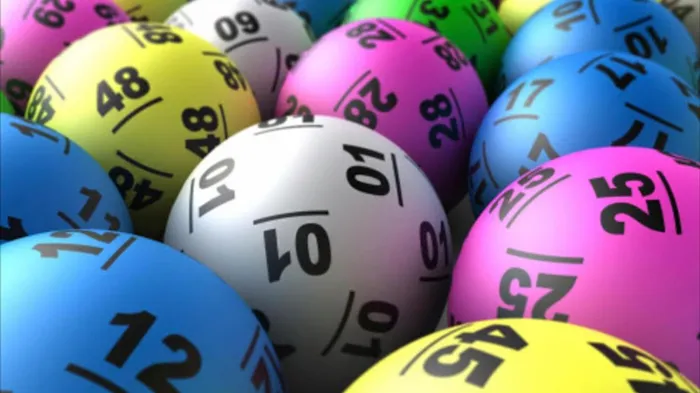
SPIN and WIN: The Lotto and Powerball shine like a diamond for South Africans.
Image: File image
The odds of winning Lotto are one in 20 million, while PowerBall’s odds are one in 42 million - statistically speaking, more people are struck by lightning than win the big jackpot.
And yet, the weekly allure of the possibility of a softer life, away from the daily grind to make ends meet and feed their families, sees many South Africans consider the lottery as a sound financial plan.
In fact, according to a dated study commissioned by the National Lottery Commission (NLC), National Lottery Participation and Attitudes Survey, over 70% of players believe winning the lottery is their best shot at achieving financial freedom. The NLC further reports that over 80% of South African adults have played Lotto at least once, with many participating on a weekly basis.
In a nation where social mobility seems increasingly elusive, it is easy to see why the lottery becomes a tempting proposition. Psychologically, the hope and anticipation that come with purchasing a ticket helps provide a temporary escape from financial stress, even if the odds of a big win are nearly impossible.
Who hasn't fantasised about an easy way of perhaps paying off debts, purchasing a home, funding a child’s education, helping family and friends, buying an island or never working again - dreams that seem impossible for many South Africans to achieve through traditional means.
Viral posts celebrating big winners, often with elaborate celebrations or "before-and-after" stories continue to drive participation. In fact, after high-profile winner announcements, the National Lottery Commission (NLC) annual reports show a 15% increase in ticket sales.
Added to that, a 2023 University of Cape Town (UCT) study revealed that low-income households sometimes spend up to 5% of their monthly income on lottery tickets, viewing it as a form of voluntary tax with the possibility of an unimaginable payout.
The Lotto (and PowerBall), it seems, feels like the possibility of a way out of economic hardship, with the NLC finding that the less affluent population represents a sizable portion of lottery players, inclusive of the unemployed, who represented 27.7% of National Lottery players.
Added to that, about a quarter (23.9%) of National Lottery players are government grant recipients, while 42.2% earn a monthly income of less than R5,000.
With high unemployment, rising inflation, income inequality and a hard-to-breathe kind of cost-of-living scenario, plus so many obstacles in the way of creating generational wealth, it’s easy to see why some may turn to the lottery as a way to secure their financial futures.
Even if South Africans believed they had a better chance at financial freedom via other means, many simply lack the knowledge or access to the tools required for such strategies, say the experts.
And so, a one in 20 million chance can seem better than no chance at all.
A 2023 Old Mutual Savings Monitor report found that only 29% of adults are actively saving for retirement. Meanwhile, a 2022 FinMark Trust survey indicated that only 34% of South Africans understand basic investment concepts.
Standard Bank says there are many skills that contribute to financial literacy, and the ability to master them determines how informed and appropriate your financial decisions are.
You can begin by creating a budget, creating a financial plan and checking your credit score.
And finally, get advice from a professional, not your cousin or your friend who doesn't have a financial background or just happens to be rich, because sometimes rich people give the worst advice.
Ultimately, many believe that financial literacy should be taught in schools to give South Africans a fighting chance. But until then, there may always be that niggling voice that says: "Tonight it could be me!"
